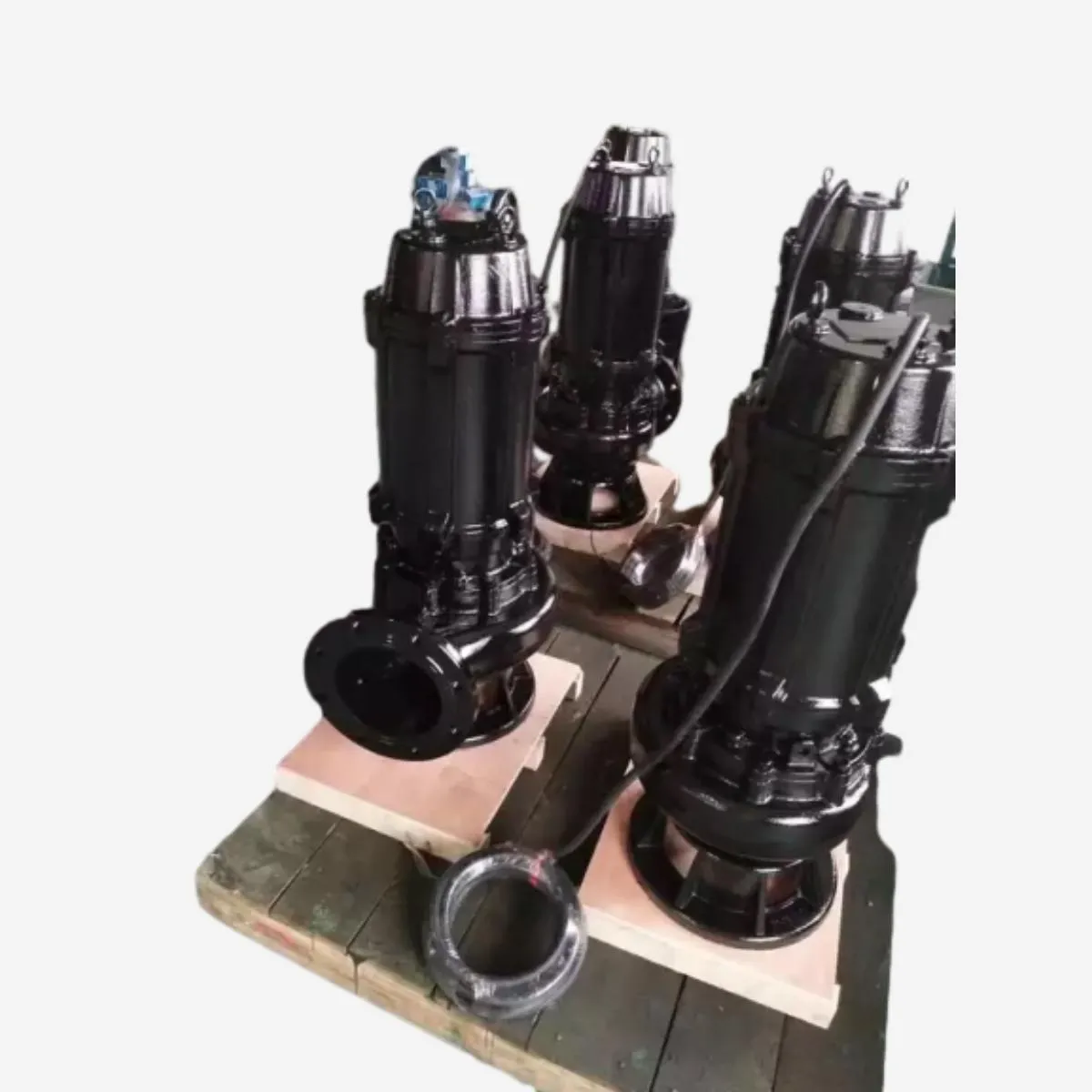English
- Afrikaans
- Albanian
- Amharic
- Arabic
- Armenian
- Azerbaijani
- Basque
- Belarusian
- Bengali
- Bosnian
- Bulgarian
- Catalan
- Cebuano
- Corsican
- Croatian
- Czech
- Danish
- Dutch
- English
- Esperanto
- Estonian
- Finnish
- French
- Frisian
- Galician
- Georgian
- German
- Greek
- Gujarati
- Haitian Creole
- hausa
- hawaiian
- Hebrew
- Hindi
- Miao
- Hungarian
- Icelandic
- igbo
- Indonesian
- irish
- Italian
- Japanese
- Javanese
- Kannada
- kazakh
- Khmer
- Rwandese
- Korean
- Kurdish
- Kyrgyz
- Lao
- Latin
- Latvian
- Lithuanian
- Luxembourgish
- Macedonian
- Malgashi
- Malay
- Malayalam
- Maltese
- Maori
- Marathi
- Mongolian
- Myanmar
- Nepali
- Norwegian
- Norwegian
- Occitan
- Pashto
- Persian
- Polish
- Portuguese
- Punjabi
- Romanian
- Russian
- Samoan
- Scottish Gaelic
- Serbian
- Sesotho
- Shona
- Sindhi
- Sinhala
- Slovak
- Slovenian
- Somali
- Spanish
- Sundanese
- Swahili
- Swedish
- Tagalog
- Tajik
- Tamil
- Tatar
- Telugu
- Thai
- Turkish
- Turkmen
- Ukrainian
- Urdu
- Uighur
- Uzbek
- Vietnamese
- Welsh
- Bantu
- Yiddish
- Yoruba
- Zulu
Telephone: +86 13120555503
Email: frank@cypump.com
Sep . 21, 2024 12:11 Back to list
sewage injector pump
Understanding Sewage Injector Pumps A Comprehensive Guide
Sewage injector pumps play a critical role in managing wastewater effectively, particularly in scenarios where gravity drainage is not feasible. These specialized pumps are designed to transport sewage and wastewater from lower levels to a sewage system or treatment plant located at a higher elevation. In this article, we will explore the functionality, types, and advantages of sewage injector pumps to better understand their importance in modern wastewater management.
Functionality
A sewage injector pump operates by using a powerful motor that drives an impeller, creating the necessary pressure to move sewage from a collection basin or reservoir to a discharge point. These pumps are typically submerged in the holding tank, which allows them to handle both solids and liquids, making them an ideal choice for transferring wastewater that may contain various substances, including debris and sewage.
When the sewage level in the basin rises to a certain point, a float switch activates the pump. The impeller then pushes the wastewater through pipes, overcoming the force of gravity and ensuring that the waste is transported efficiently to the treatment facility. This process is essential for preventing backups and maintaining hygiene in residential and commercial settings.
Types of Sewage Injector Pumps
There are two primary types of sewage injector pumps semi-positive displacement pumps and centrifugal pumps.
1. Semi-Positive Displacement Pumps These pumps consist of a rotor and a stator. The rotor moves the liquid through a defined path, creating pressure that pushes the sewage upward. They are particularly effective for handling thicker fluids and can handle a wide range of viscosities.
2. Centrifugal Pumps The most common type, centrifugal pumps, utilize a rotating impeller to increase the velocity of the liquid. They are ideal for applications requiring high flow rates and are often favored for their simplicity, reliability, and energy efficiency.
sewage injector pump

Advantages of Sewage Injector Pumps
Sewage injector pumps come with a range of advantages that make them invaluable in wastewater management
- Efficient Wastewater Transport By effectively moving sewage from lower to higher elevations, these pumps prevent blockages in sewer lines and reduce the risk of sewage overflow.
- Versatility They can be used in residential, commercial, and industrial applications, making them suitable for a variety of settings, including basements, factories, and hotels.
- Durability Designed to withstand harsh conditions, sewage injector pumps are constructed from corrosion-resistant materials, ensuring a long lifespan and reducing the need for frequent repairs or replacements.
- Energy Efficiency Modern sewage injector pumps are designed to operate efficiently, helping to lower energy costs while maintaining high pumping performance.
Conclusion
In conclusion, sewage injector pumps are essential components of any effective wastewater management system. By understanding their functionality, types, and advantages, homeowners and businesses can make informed decisions about which systems to install, ensuring safe and efficient wastewater disposal. As urban areas continue to grow, the importance of these pumps will only increase, making them a vital aspect of modern infrastructure.
-
ISG Series Vertical Pipeline Pump - Chi Yuan Pumps Co., LTD.|High Efficiency, Energy Saving, Low Noise
NewsJul.30,2025
-
ISG Series Vertical Pipeline Pump- Chi Yuan Pumps|High Efficiency&Low Noise
NewsJul.30,2025
-
ISG Series Vertical Pipeline Pump-Chi Yuan Pumps Co., LTD.|High Efficiency&Energy Conservation
NewsJul.30,2025
-
ISG Series Vertical Pipeline Pump - Chi Yuan Pumps Co., LTD.|Advanced Hydraulic Design&Energy-Efficient Solutions
NewsJul.30,2025
-
ISG Series Vertical Pipeline Pump - Chi Yuan Pumps Co., LTD.
NewsJul.30,2025
-
ISG Series Vertical Pipeline Pump - Chi Yuan Pumps Co., LTD.|energy-efficient fluid handling&industrial durability
NewsJul.30,2025










